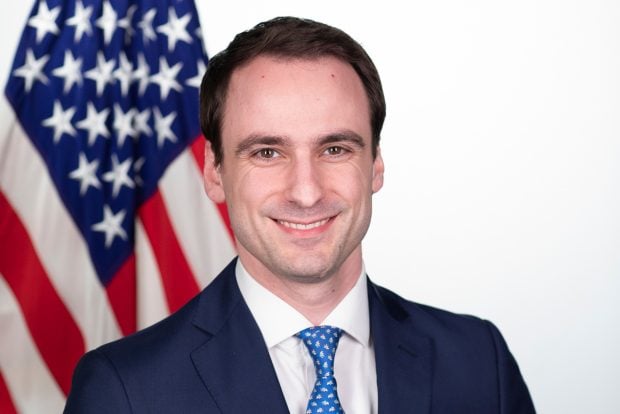US abandons boycott of global AI partnership

The US has reversed its decision not to join an international alliance dedicated to the responsible adoption of artificial intelligence (AI), with key administration figures having apparently concluded that refusing to participate would allow China to wield too much influence in the group.
The Global Partnership on AI (GPAI) was formally launched on 28 May following a virtual meeting between national technology ministers, and initially comprises all the G7 nations: Canada, France, Germany, Italy, Japan, the USA and the UK. It has been reported that other countries, including New Zealand, are also expected to join the programme.
The USA had initially objected to the partnership’s approach, arguing that too much focus on regulation would hamper US innovation. But the Associated Press has reported that, following negotiations, the States will be joining. The White House’s chief technology officer, Michael Kratsios, told AP that he and his colleagues have “worked very hard to make clear that it would not be a standard-setting or policymaking body”, and made clear that the US wants to establish shared democratic principles as a basis for the development of AI – countering China’s record of “twisting technology” in ways that threaten civil liberties. “Chinese technology companies are attempting to shape international standards on facial recognition and surveillance at the United Nations,” he said.
In an interview with Bloomberg, Kratsios said GPAI will be an “important” check on China’s approach to AI. He added in a statement that the US had joined with G7 countries “to strengthen our science and technology collaboration, setting the stage for accelerated scientific discovery and strong economic growth”.
The move comes in the midst of a trade war between the US and China in which both countries are vying for technological dominance. China’s state council has pledged US$1.4tn to boost key technologies, including AI. The US, meanwhile, is on track to double spending on AI research and development to US$2bn by 2022.
The GPAI was proposed by Canadian prime minister Justin Trudeau and French president Emmanuel Macron in 2018, and will provide recommendations on the use of AI based on shared principles of “human rights, inclusion, diversity, innovation and economic growth”.
G7 resolves to collaborate on coronavirus research
Kratsios and White House Office of Science and Technology policy director Kelvin Droegemeier led the 28 May meeting, in which G7 ministers resolved to increase the use of high-performance computing in research focused on tackling COVID-19. The White House announced its COVID-19 High Performance Computing Consortium would begin sharing data and resources with the Partnership for Advanced Computing in Europe, UK Research and Innovation, and the Swiss National Computing Centre.
“Together we have a vision of overcoming the pandemic, and outcomes from the latest G7 meeting are pushing us toward a brighter future for our nations,” Droegemeier said in a statement. “Our shared values, collective work and strong collaboration are making a difference for the world’s researchers and citizens.”
Research priorities include tracking the spread of the virus, developing new testing technologies, deploying a vaccine, modelling health management, and predicting future pandemics.
G7 nations also committed to making government-sponsored COVID-19 epidemiological data and results machine-readable “to the greatest extent possible”, while respecting privacy and intellectual property laws.
The GPAI will share best practices on improving broadband connectivity for telework, telemedicine and distance learning while promoting data security, according to a declaration released after the meeting.
The Organisation for Economic Co-operation and Development (OECD) said when the Global Partnership on AI was being established last year that the partnership would “inform policy debates with a high-level, forward-looking, and long-term reflection from the scientific community and experts in academia, research institutes and the industry”.
The OECD has itself developed a set of AI principles which were adopted by 42 countries in May 2019. It launched the OCED AI Policy Observatory in February, described as a “platform to share and shape public policies for responsible, trustworthy and beneficial AI”.






















